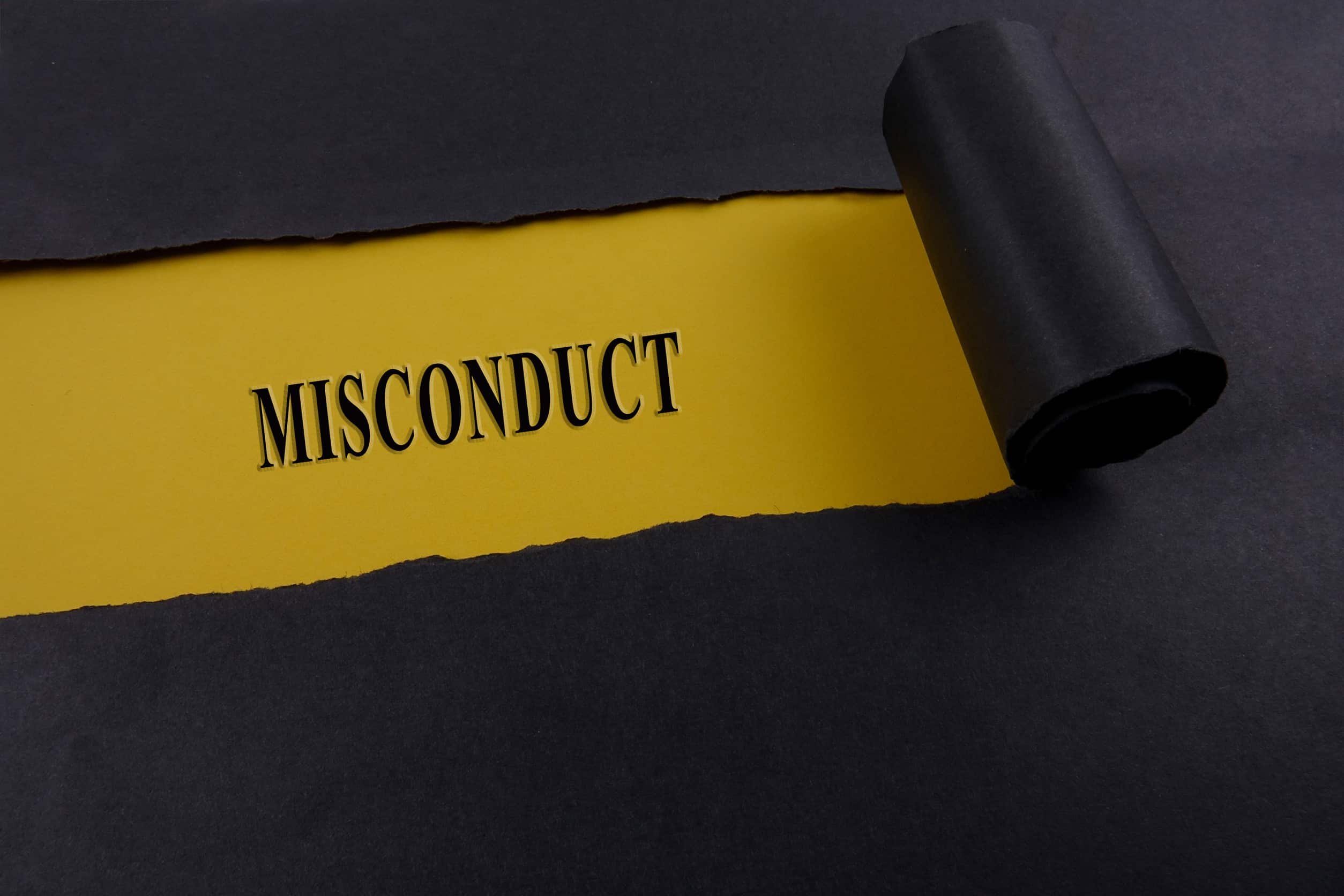The prosecution’s case hinges on the evidence they present, but not all evidence is valid. If it was obtained illegally, mishandled, or lacks credibility, it can and should be challenged. Just because the prosecution introduces evidence doesn’t mean it’s admissible—many cases fall apart when key evidence is thrown out.
If you’re facing criminal charges, knowing how to challenge improper evidence could be the difference between a conviction and a case dismissal. Denver, CO criminal defense attorney Kimberly Diego can analyze the prosecution’s case, identify weaknesses, and fight to have unreliable evidence suppressed. Reach out today to know how we can help you.
Challenging Illegal Searches and Seizures
One of the strongest ways to get evidence thrown out is by proving it was obtained through an unlawful search and seizure. The Fourth Amendment protects against warrantless searches. If police collect evidence without a valid warrant or legal exception, it may be inadmissible. Examples of illegal searches include:
- Searching your home without a warrant – The evidence may not hold up in court if officers enter without consent or a valid warrant.
- Stopping and searching your car without probable cause – Officers need a legitimate reason to search your vehicle. If they don’t have one, the evidence can be challenged.
- Seizing items outside the scope of a warrant – If police take evidence from an area not covered in the warrant, it may be excluded.
Arguing Violations of Miranda Rights
The Miranda warning ensures that you know your right to remain silent and have an attorney. If police fail to inform you of these rights, anything you say—including a confession—could be inadmissible. Below are incidents when your Miranda Rights violated:
- Failure to read your rights before interrogation – If you were in custody and questioned without being read your rights, your statements may not be used.
- Coerced statements – If officers pressured or tricked you into confessing, your lawyer can argue that the statement was unlawfully obtained.
- Ignoring your request for an attorney – Once you ask for legal representation, police must stop questioning you. If they continue, your statements may be thrown out.
Proving Chain of Custody Errors
From the moment evidence is collected, law enforcement must follow strict handling procedures. If evidence is lost, mishandled, or improperly stored, its reliability is compromised. Common chain of custody issues include:
- Missing evidence – If the prosecution can’t account for where the evidence was, its integrity is questionable.
- Improper storage – DNA and other sensitive evidence must be preserved correctly to prevent contamination.
- Lack of documentation – If proper handling records are missing, the evidence may be unreliable.

Identifying Prosecutorial Misconduct
Prosecutors have a duty to seek justice—not just convictions. But sometimes, they break the rules in an attempt to win. If a prosecutor engages in misconduct, evidence could be thrown out, or in extreme cases, the entire case could be dismissed. Some examples of misconduct include:
- Withholding evidence that helps the defense – Prosecutors must disclose all evidence, even if it weakens their case.
- Encouraging false testimony – If they knowingly allow a witness to lie, the conviction could be overturned.
- Using misleading evidence – Any manipulation of evidence is grounds for dismissal.
Protect Your Rights with Denver, CO Criminal Defense Lawyer
If you’ve been charged with a crime in Colorado, you need a strong legal advocate who knows how to challenge the prosecution’s evidence. Kimberly Diego has built a reputation as a relentless criminal defense lawyer, fighting for the rights of those accused. Her detailed case reviews and aggressive legal motions have helped clients get charges reduced or dismissed. Whether you’re facing misdemeanor or felony charges, you need a defense attorney who will examine every angle of your case and fight to protect your rights.
Don’t let questionable evidence define your future. Call the Law Office of Kimberly Diego at (720) 257-5346 or contact us online for a consultation.





